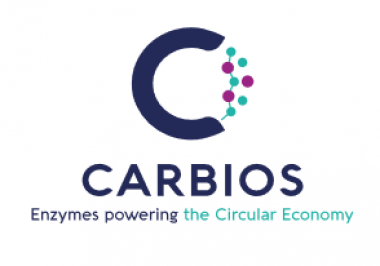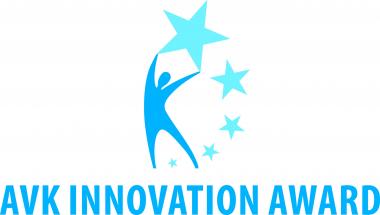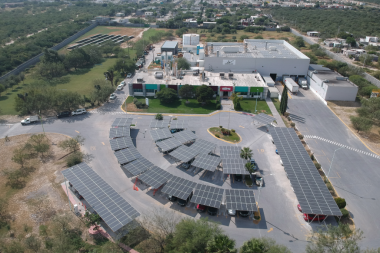REVECOL® by ERCA: Textile chemical auxiliaries obtained from vegetable oils
REVECOL® (Recycled Vegetable Cooking Oil) represents a new generation of textile chemical auxiliaries, which are high-performing and obtained from vegetable exhausted cooking oil.
Chemical auxiliaries play a crucial role in several stages of the textile production cycle, from material preparation to dyeing and finishing, but represent a complex challenge from the point of view of reducing environmental impact. Herein lies the revolutionary aspect of REVECOL® by ERCA: for the first time, not just one product, but a complete range of auxiliary chemicals is available that meets the criteria of circularity.
The result of ERCA's continuous research, REVECOL® are in fact born from critical waste materials (exhausted vegetable oils), which, thanks to an environmentally and safety-friendly manufacturing process, are transformed into a line of innovative chemical auxiliaries destined for the entire textile industry and its various applications: from underwear to home textiles.
EVECOL® by ERCA has obtained several certifications – GRS, RCS, listed into ZDHC Chemical Gateway, bluesign® and GOTS, and are also finalizing the third-party certified PCF (Product Carbon Footprint), - as well as various international recognitions – first prize RESPONSIBLE CARE®, in Italy, from Federchimica, inclusion in the BAT (Best Available Techniques) document from the European Community.
ERCA S.p.A





























